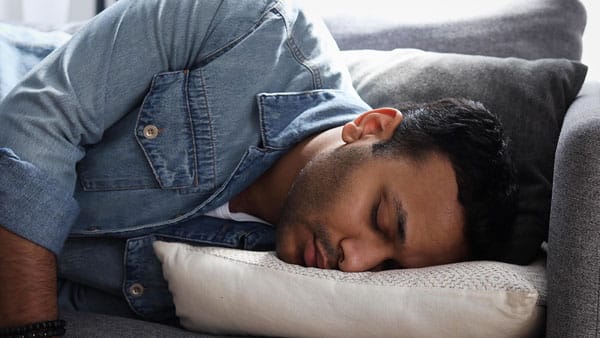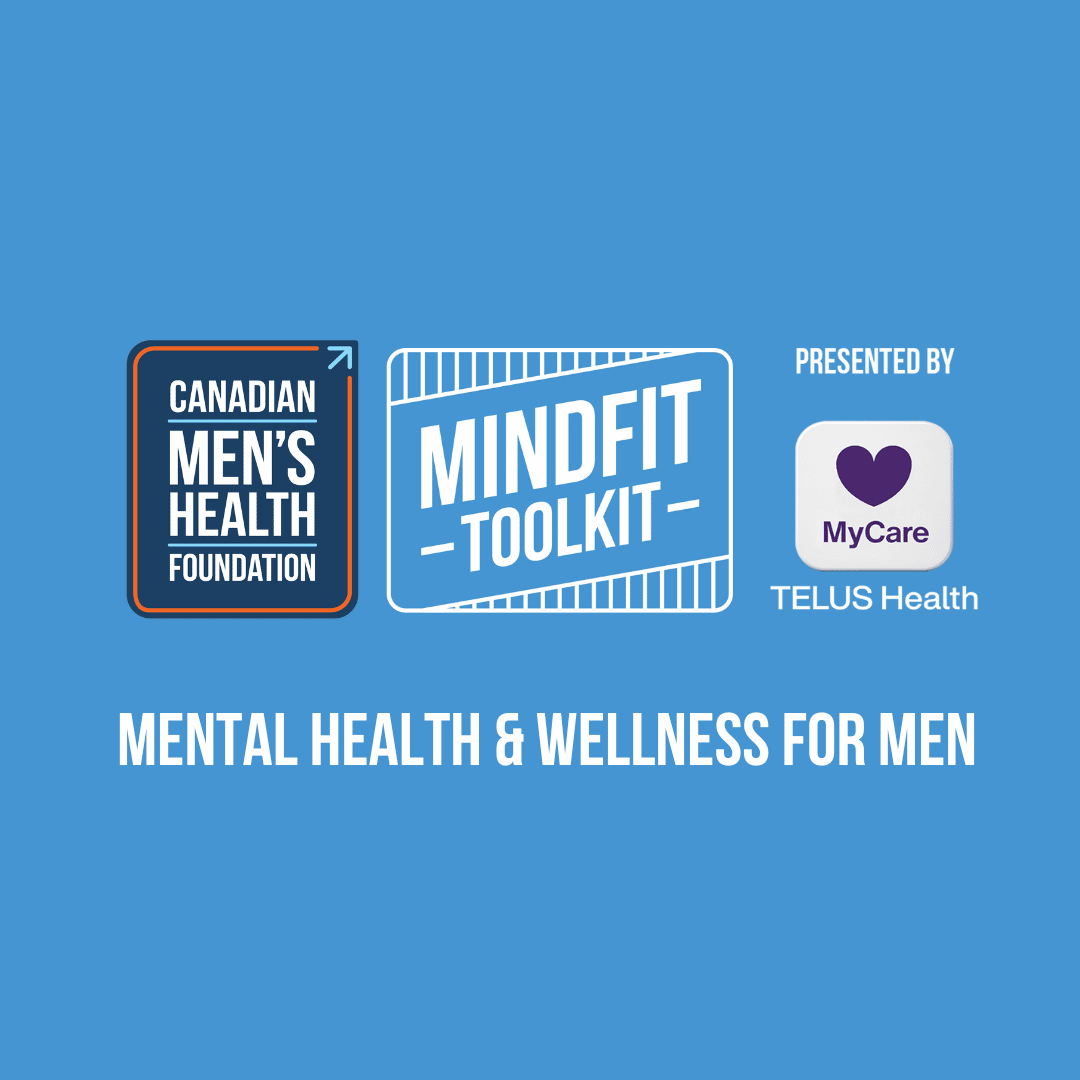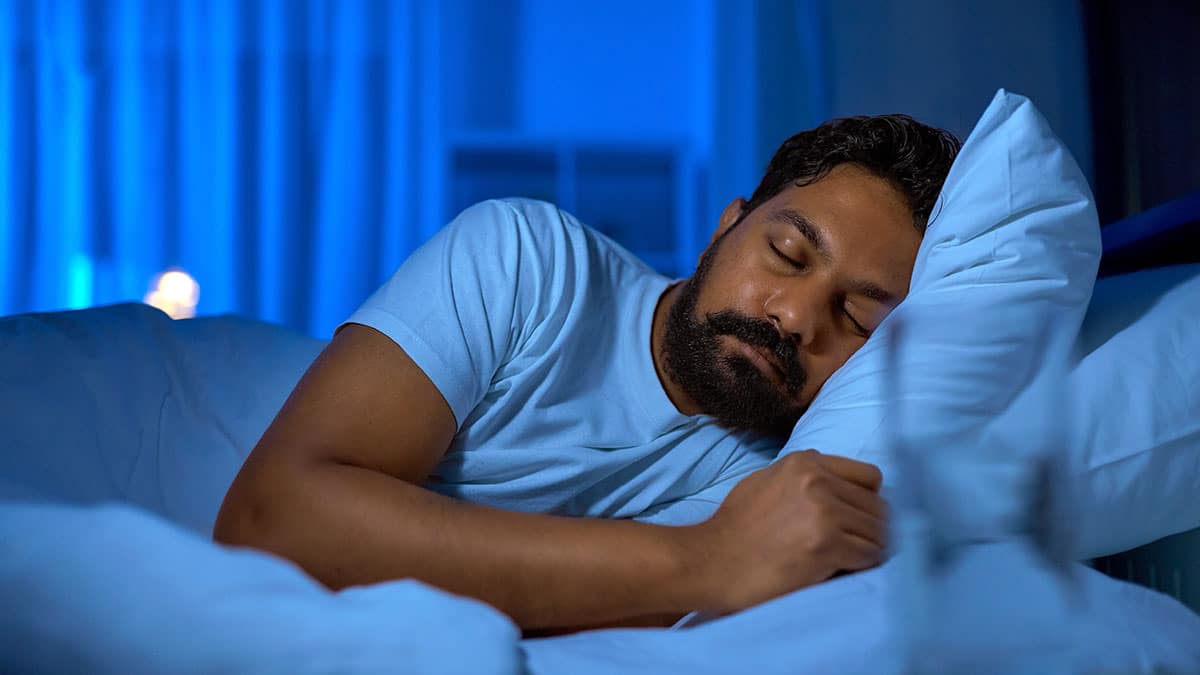If you’ve ever been compared to Kumbhakaran, one of the most powerful rakshasas of Hindu mythology, it’s probably because you had a really long snooze. After all, the mighty warrior dozed off for six months straight!
We know how long Kumbhakaran slept, but we don’t know much about the quality of his epic snooze. As a doctor and the president and founder of the Canada India Network Society (CINS), I know that the calibre of your sleep is just as important as the amount you get. While it’s true that most men need between seven and nine hours of sleep a night to stay healthy, three or four hours of solid, uninterrupted sleep can do a lot of good.
What is considered quality sleep?
Sleep quality is based on four factors:
Minutes awake
This is the number of minutes you spend awake during the night after you first go to sleep. People with good sleep quality have 20 minutes or less of wakefulness.
Time asleep
This is the amount of time you spend sleeping while in bed. This should be at least 85 percent of the time for good health.
How long it takes to fall asleep
The quality of your sleep is considered to be good if you fall asleep within 30 minutes of going to bed.
How often you wake up
Frequent wakefulness can reduce your sleep quality by disrupting your sleep cycle, typically made of four to six stages encompassing rapid-eye-movement (REM) sleep. REM is when we have our most vivid dreams and deep sleep. People who wake up frequently may struggle to properly cycle through these stages, which can prevent the healthy recovery and development your brain and body need. Waking up once or not at all suggests good sleep quality.
Why is sleep quality important?
Hitting your sleep-quality targets helps ensure you wake up feeling rested and energized. On the other hand, missing any of them can leave you feeling tired the next day, even if you’re in bed for seven-plus hours.
When this happens once in a while, the resulting fatigue can do a number on your attention span, memory, decision-making skills, energy levels and mood. This is a serious issue, given that drowsy driving kills thousands of people every year.
Sleep is essential for keeping your mind and body healthy. So when poor sleep quality happens often, over a long period of time, it can increase the risk of physical and mental health problems including:
- Cardiovascular disease, heart attack, and stroke
- Type 2 diabetes
- Obesity
- Low testosterone
- A weakened immune system
- Mental health disorders like depression and anxiety
Easy tips to improve sleep quality
It took a curse from Brahma for Kumbhakaran to take his epic snooze. It’s a good thing there are plenty of easy ways for mere mortals like us to improve our sleep quality.
Keep the bedroom clean, dark, quiet and cool
Step 1: Declutter the bedroom so you have a clear mind as you drift off to dreamland.
Step 2: Close the curtains, lower the blinds, and cover the LED lights in your electronics. Basically, do whatever it takes to let darkness reign. The human body is programmed to wake when it’s light and sleep when it’s night, so taking these steps helps prevent any interruption of your natural sleep cycle.
Step 3: Turn off any alarms that could interrupt the silence of the bedroom. If any outside noise is disturbing you, try using earplugs or a white noise app on your phone.
Step 4: Drop the thermostat. A warm room isn’t conducive to sleep. Keep your bedroom cooler than the rest of your home, about 15 to 18 degrees Celsius. Plus, you’ll save money on heating bills!
Ban electronics

TVs, smartphones and laptops are too stimulating to promote good sleep quality. If you’re using your phone as an alarm or for white noise, make sure notifications and/or your ringer are turned off, and that the screen isn’t visible.
Get active
Exercising improves sleep by reducing the time it takes to fall asleep and the time you lie awake in bed.
Stick to a routine
Go to bed around the same time, and you’ll sleep better. A wild weekend can throw your sleep routine off, so dial it back a bit for the sake of your sleep.
Can the caffeine
Tea, coffee and cola, which contain caffeine, can wreck your sleep patterns, so switch to decaffeinated or caffeine-free drinks in the afternoon and evening. Meanwhile, sleep teas like chamomile or peppermint can help you fall asleep more quickly.
Skip the booze and butt out
Don’t be fooled by alcohol’s sedative effects. It can rob you of a good night’s sleep, so go to sleep sober. And if you need another reason to quit smoking, consider how it affects your sleep. The nicotine in cigarettes is a stimulant that can keep you awake and interrupt your sleep patterns.
Ditch the nap

Napping can be helpful as a quick recharge; it’s common for doctors and nurses to take a power nap during a work break. But if you’re having issues with the quality of your nighttime sleep, skip the nap and see how you feel.
Can’t sleep, get up
If you’re laying in bed tossing and turning and can’t fall asleep within 30 minutes, sometimes it’s better to get up and do a little light activity such as reading. This can help you relax and get you ready to fall asleep.
Avoid spicy and heavy late-night meals
Spicy food and heavy meals can disturb sleep, especially if eaten close to bedtime. That must be why Kumbhakaran ate so much after he woke up!
Do you have tips or tricks that help you get a good night’s sleep? Share in the comments below.
Not Feeling Like Yourself?
Tackle chronic stress, anxiety and depression with MindFit Toolkit. Access free mental health tools designed for men.




Let’s Talk!
Did you enjoy this article? Let us know in the comments.
0 Comments